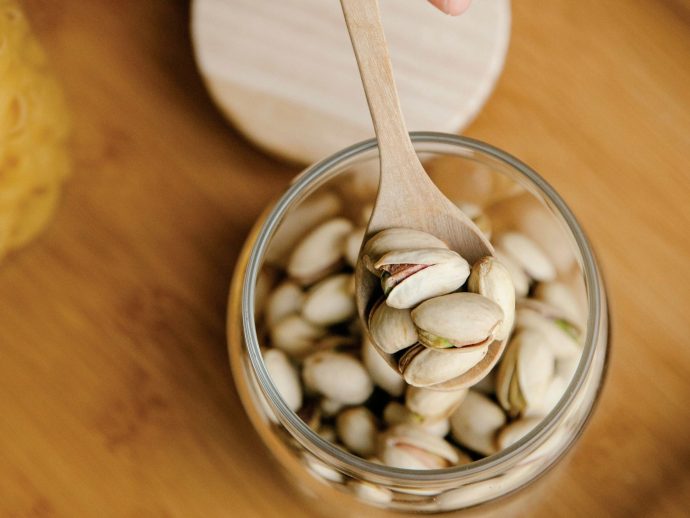
Calling all those who identify as mothers: Is there anything more difficult and rewarding? From exhaustion to exhilaration, the emotional spectrum of mothering can be vast and overwhelming, often filled with pressure and competition about adequacy.
Let’s take a closer look at how helpful collaborative mothering can be. We’ll explore how women can skip judgment to truly support each other.
Motherhood meanings
For Liz Bovey, CEO of Westside Montessori School and mother of three, motherhood allows her to “experience life in new ways.” For Sarah Rosensweet, Peaceful Parenting coach and mother of three, the essence of motherhood lies in “connection.” Valerie Tih, an Enneagram parent educator and mother of two, sees mothering as an opportunity for presentness, self-awareness, and modeling strength and tenderness, helping her children “feel seen, safe, understood, and loved.” Tih notes that motherhood is full of polarities: being firm and flexible, alongside structure and chaos.
Less spoken of is the emotional baggage mothers carry, such as intergenerational trauma and unmet needs, leading them to navigate both parenting their children and reparenting themselves.
Mothers, managing
Whether it’s tracking appointments or ensuring snacks are plentiful, mothers often find themselves “depleted by the mental load they carry,” according to Tih. Bovey reflects that while progress has been made, mothers today still struggle to balance work, home management, and the façade of having it all together.
Unmasking mothering
Despite significant participation in the labor market, women continue to handle most responsibilities, from errands to emotional support for family members. Tih highlights that the work of caring for families is often invisible and undervalued.
Minding mothering judgment
Mothers often face “unfair, shame-inducing scrutiny” when their children struggle, notes Tih. Rosensweet supports mothers of neurodivergent children, who may face additional societal judgment for behaviors beyond their control. Bovey adds that mothers are criticized for both working outside the home and for staying at home, creating unrealistic expectations of perfection.
Mending mother comparisons
Rosensweet emphasizes that we can never fully know another mother’s struggles. Comparing ourselves to others prevents genuine connections. Tih encourages presentness to foster relationships with our own children, while Bovey notes that comparison can steal joy.
Mothering, together
Listening without judgment is crucial, says Tih, while Rosensweet highlights that sharing struggles can cultivate community and compassion among mothers. Whether through simple acts of support or joining groups, mothers can uplift one another.
More mothers
Bovey reminds us that each mother’s journey to motherhood is unique, shaped by various experiences, including adoption and fertility challenges. Embracing diverse maternal identities fosters empathy and inclusion, as Tih insists that various forms of mothering enrich our communities.
Minding mothers
“Mothering is not a one-size-fits-all endeavor,” Tih states. Every mother is doing their best, but that looks different for everyone. Bovey advocates for reaching out, checking in, and offering support as ways to care for the mothers in our lives.
By Deena Kara Shaffer, PhD










